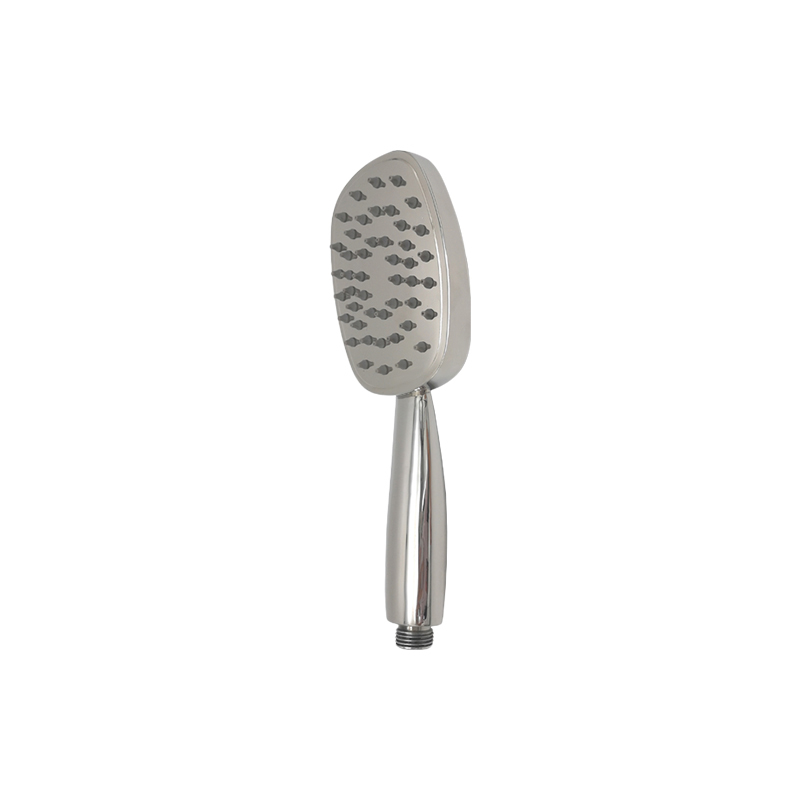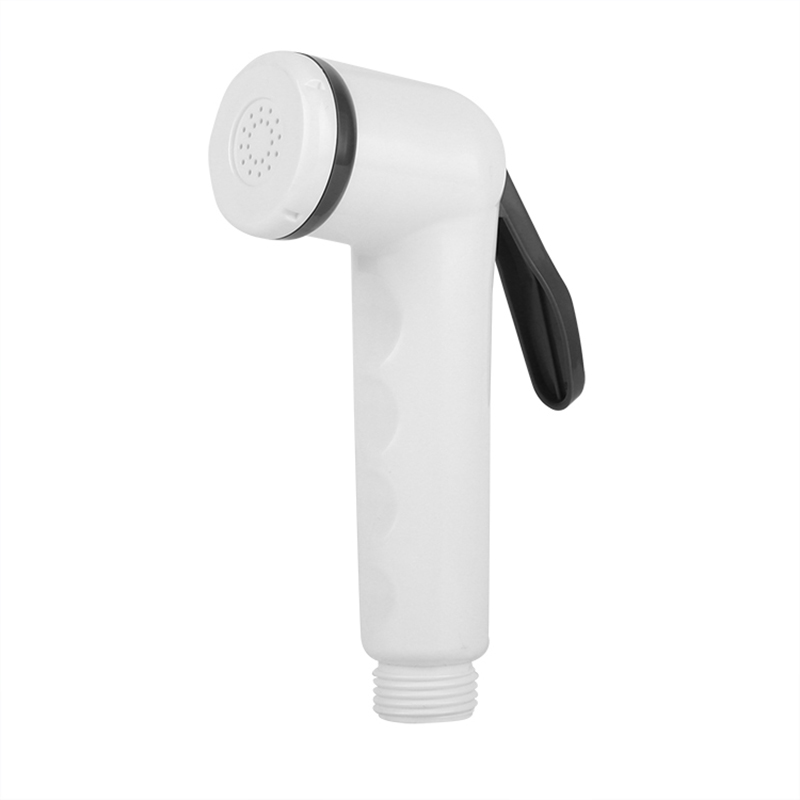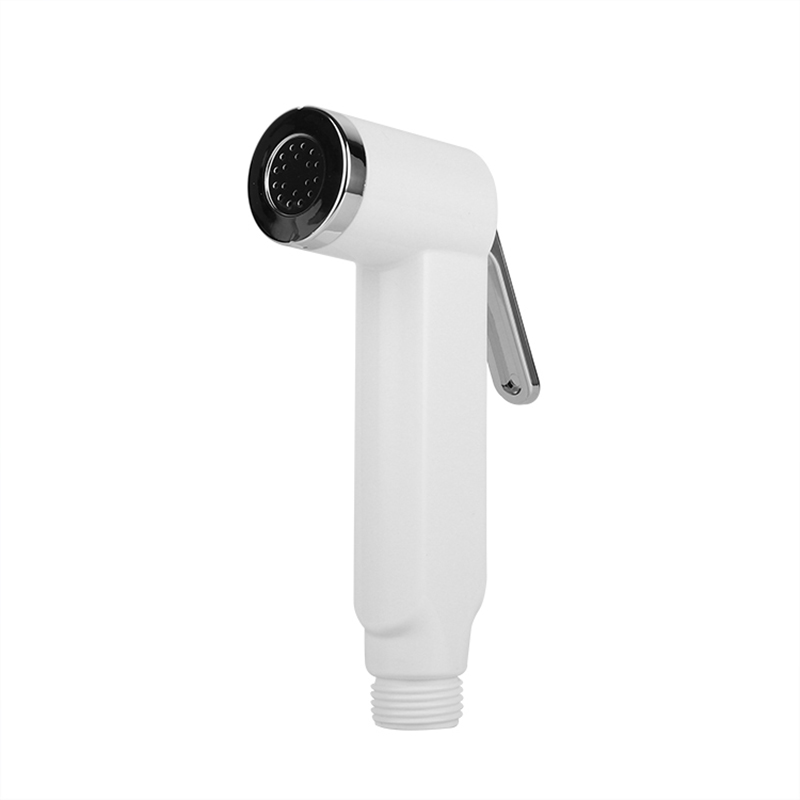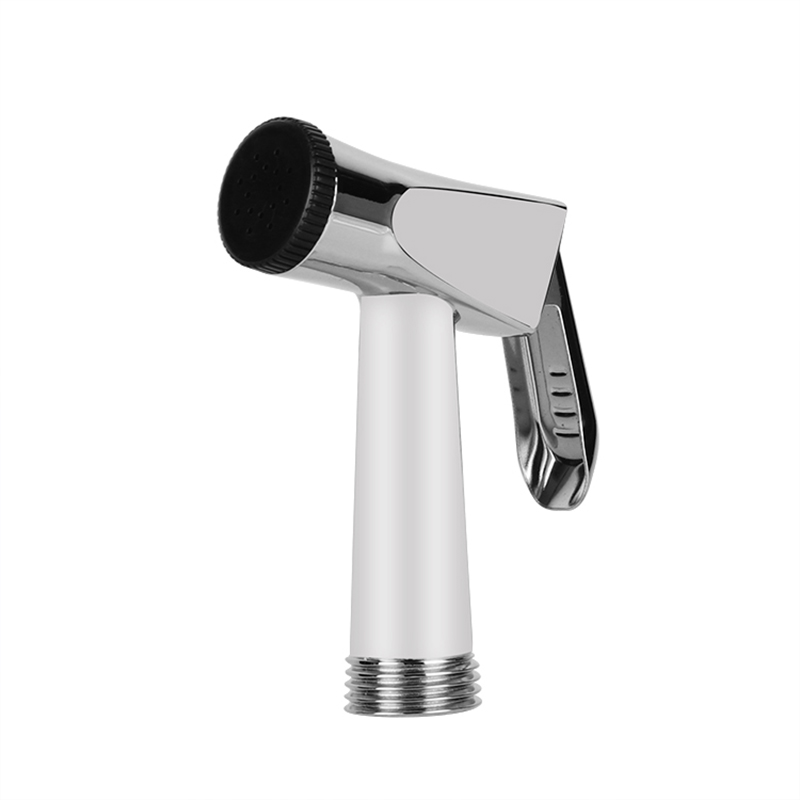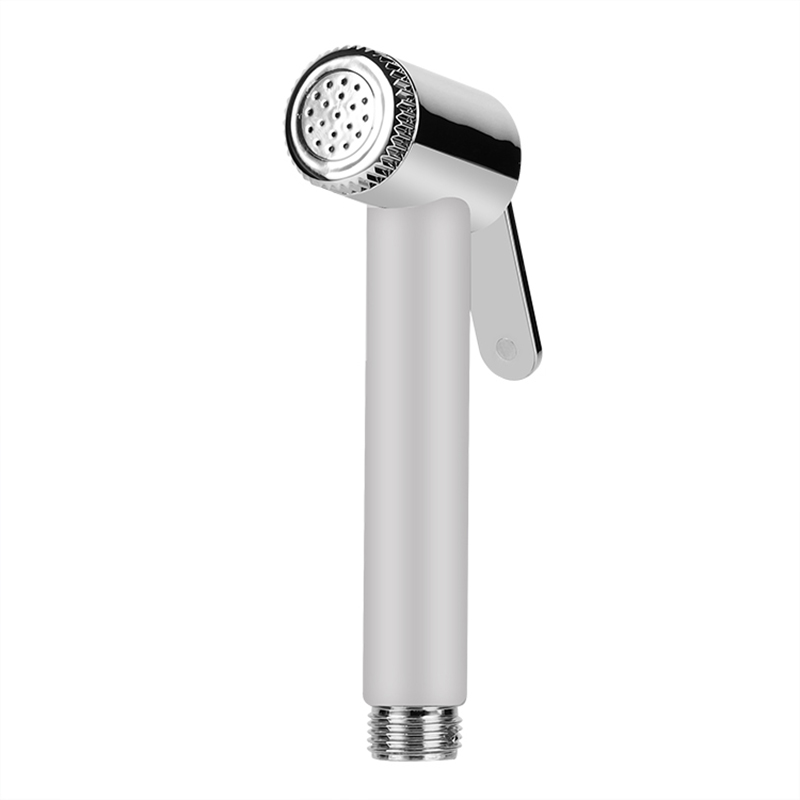The durability and lifespan of a stainless steel shower head can vary depending on several factors, including the quality of the materials used, the manufacturing process, water quality, maintenance, and usage patterns. Generally, stainless steel shower heads are known for their durability and resistance to corrosion, making them a popular choice for bathrooms. Here are some factors that can affect the durability and lifespan of a stainless steel shower head:
Quality of Stainless Steel: The grade and quality of stainless steel used in the shower head play a significant role in its durability. Higher-quality stainless steel, such as 304 or 316 stainless steel, is more resistant to corrosion and rust, which can extend the lifespan of the shower head.
Corrosion Resistance: Stainless steel is naturally corrosion-resistant, which helps prevent rust and degradation over time. However, exposure to harsh chemicals, high humidity, and waterborne minerals can still affect the surface of the shower head if it's not properly maintained.
Water Quality: The mineral content and acidity of the water in your area can impact the longevity of your shower head. Hard water with high mineral content can lead to mineral deposits building up over time, potentially affecting the performance and appearance of the shower head.
Maintenance: Regular cleaning and maintenance can significantly extend the lifespan of a stainless steel shower head. Removing mineral deposits and cleaning the nozzles can help maintain optimal water flow and pressure.
Usage Patterns: Frequent use of the shower head, especially in environments with high humidity, can contribute to wear and tear over time. Proper care, such as wiping down the shower head after use to prevent water spots, can help mitigate this.
Manufacturer and Brand: Reputable manufacturers that use high-quality materials and manufacturing processes are likely to produce shower heads with a longer lifespan.
Installation: Proper installation is important for the longevity of the shower head. Make sure it is securely attached and sealed to prevent leaks and unnecessary stress on the connections.
Water Pressure: Excessive water pressure can cause wear and tear on the shower head's components over time. Using a pressure regulator can help maintain a consistent and safe water pressure.
While there is no fixed lifespan for a stainless steel shower head, a well-maintained and high-quality stainless steel shower head can last for many years, potentially even decades. Regular cleaning, descaling, and proper care can help ensure that your stainless steel shower head continues to provide efficient water flow and a sleek appearance over an extended period.

 English
English 中文简体
中文简体





